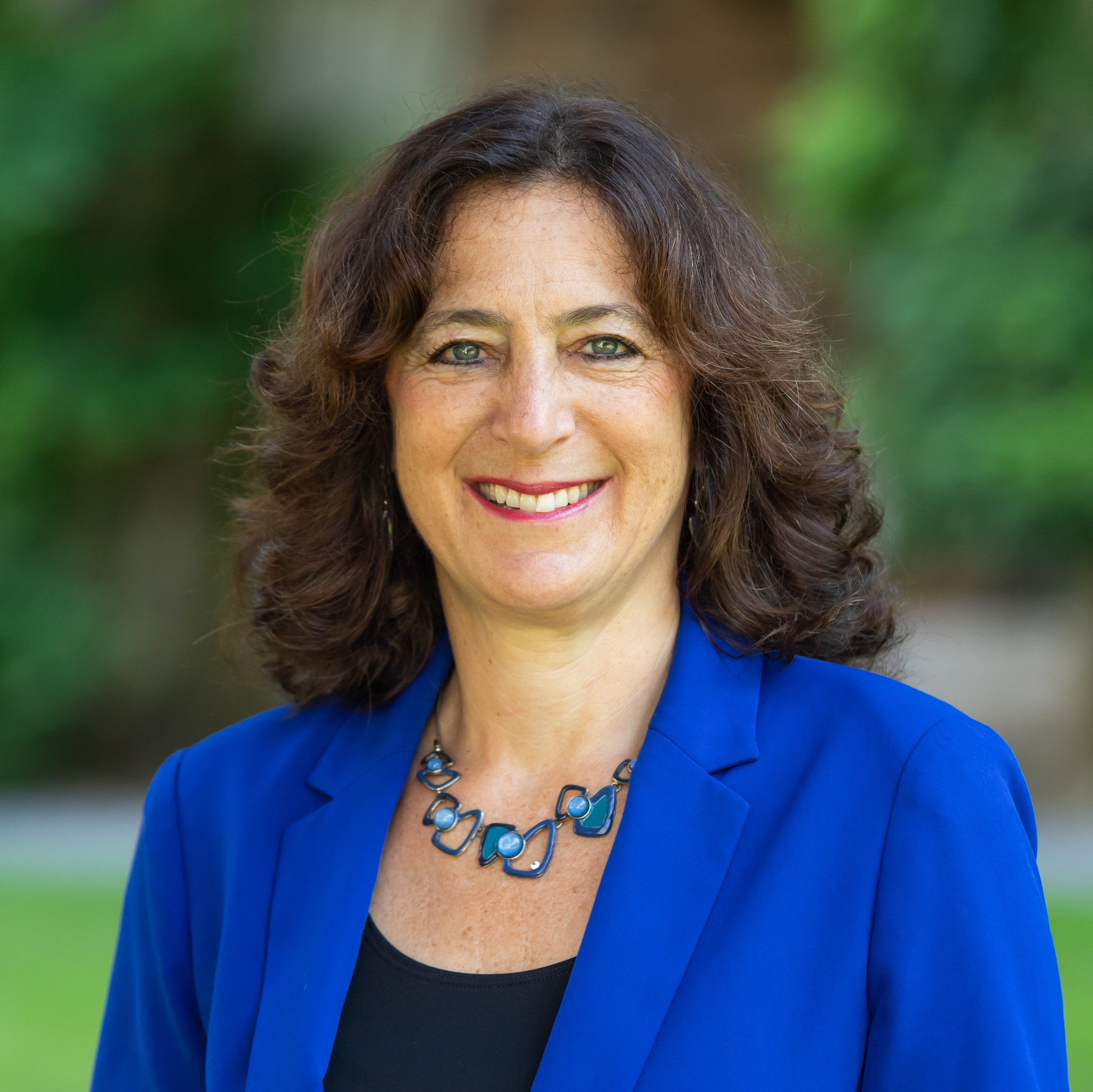
- This event has passed.
ESE Grace Hopper Lecture – “Disrupting NextG”
January 25, 2024 at 3:00 PM - 4:00 PM
As 5G takes to the airwaves, we now turn our imagination to the next generation of wireless technology. The promise of this technology has created an international race to innovate, with significant investment by government as well as industry. And much innovation is needed as 6G aspires to not only support significantly higher data rates than 5G, but also improved reliability along with excellent coverage indoors and out, including for underserved areas. New architectures including edge computing must be designed to drastically enhance efficient resource allocation while also reducing latency for real-time control. Breakthrough energy-efficiency architectures, algorithms and hardware will be needed so that wireless devices can be powered by tiny batteries, energy-harvesting, or over-the-air power transfer. And machine learning may will play a big role in the underlying technologies for NextG as well as the “killer apps” that will drive its deployment and success. This talk will describe what the wireless future might look like along with some of the innovations and breakthroughs required to realize this vision.

Andrea Goldsmith
Dean of the School of Engineering and Applied Science & The Arthur LeGrand Doty Professor of Electrical and Computer Engineering, Princeton University
Andrea Goldsmith is the Dean of Engineering and Applied Science and the Arthur LeGrand Doty Professor of Electrical and Computer Engineering at Princeton University. She was previously the Stephen Harris Professor of Engineering and Professor of Electrical Engineering at Stanford University, where she is now Harris Professor Emerita. Her research interests are in information theory, communication theory, and signal processing, and their application to wireless communications, interconnected systems, and biomedical devices. She founded and served as Chief Technical Officer of Plume WiFi (formerly Accelera, Inc.) and of Quantenna (QTNA), Inc, and she serves on the Board of Directors for Intel (INTC), Medtronic (MDT), Crown Castle Inc (CCI), and the Marconi Society. She also serves on the Presidential Council of Advisors on Science and Technology (PCAST). Dr. Goldsmith is a member of the National Academy of Engineering, the Royal Academy of Engineering, and the American Academy of Arts and Sciences. She has received several awards for her work, including the Marconi Prize, the IEEE Education Medal, the ACM Sigmobile Outstanding Contribution Award, the IEEE Sumner Technical Field Award, the ACM Athena Lecturer Award, the ComSoc Armstrong Technical Achievement Award, the Kirchmayer Graduate Teaching Award, the WICE Mentoring Award, the Silicon Valley/San Jose Business Journal’s Women of Influence Award, and induction into the Silicon Valley Hall of Fame. She is author of the book “Wireless Communications” and co-author of the books “MIMO Wireless Communications,” “Principles of Cognitive Radio,” and “Machine Learning and Wireless Communications,” all published by Cambridge University Press, as well as an inventor on 29 patents. She received the B.S., M.S. and Ph.D. degrees in Electrical Engineering from U.C. Berkeley.
Dr. Goldsmith is the founding Chair of the IEEE Board of Directors Committee on Diversity and Inclusion. She served as President of the IEEE Information Theory Society in 2009, as founding Chair of its Student Committee, and as founding Editor-in-Chief of the IEEE Journal on Selected Areas in Information Theory. She has also served on the Board of Governors for both the IEEE Information Theory and Communications Societies. At Stanford she served as Chair of Stanford’s Faculty Senate and for multiple terms as a Senator, and on its Academic Council Advisory Board, Budget Group, Committee on Research, Planning and Policy Board, Commissions on Graduate and on Undergraduate Education, Faculty Women’s Forum Steering Committee, and Task Force on Women and Leadership.
